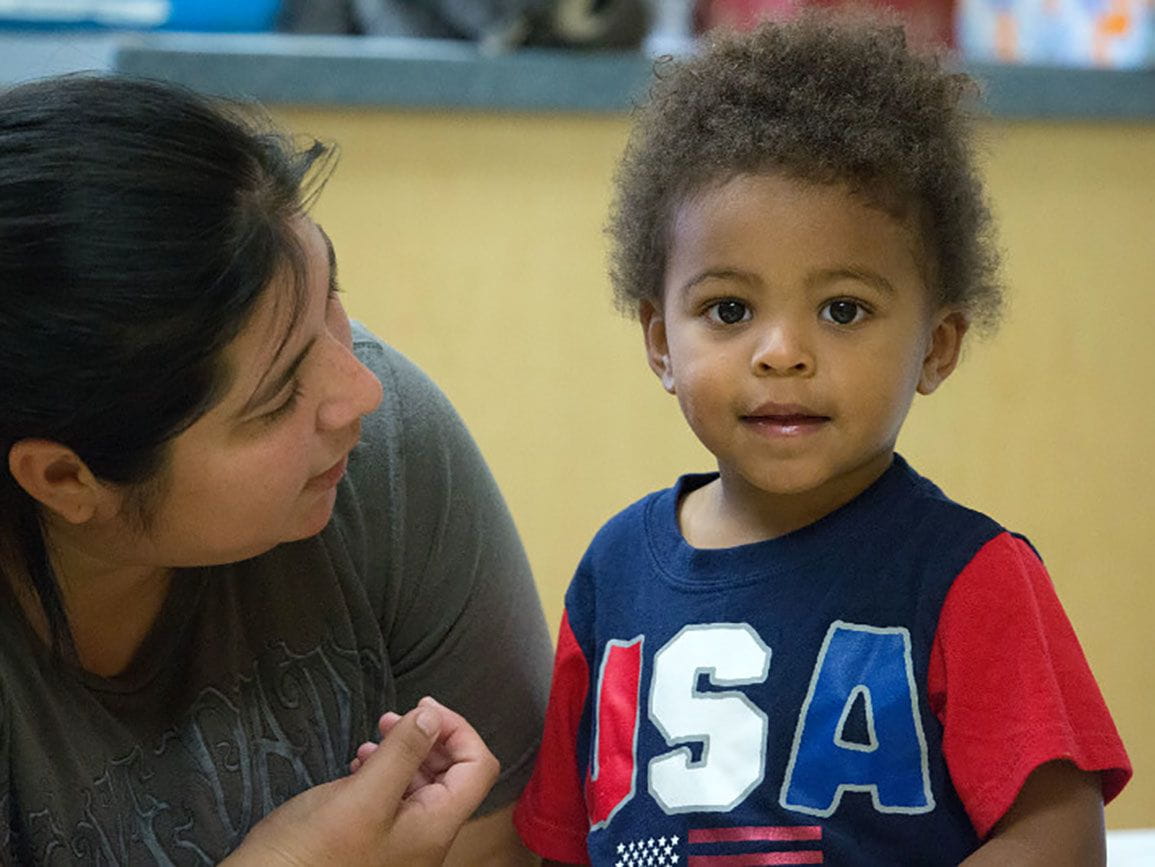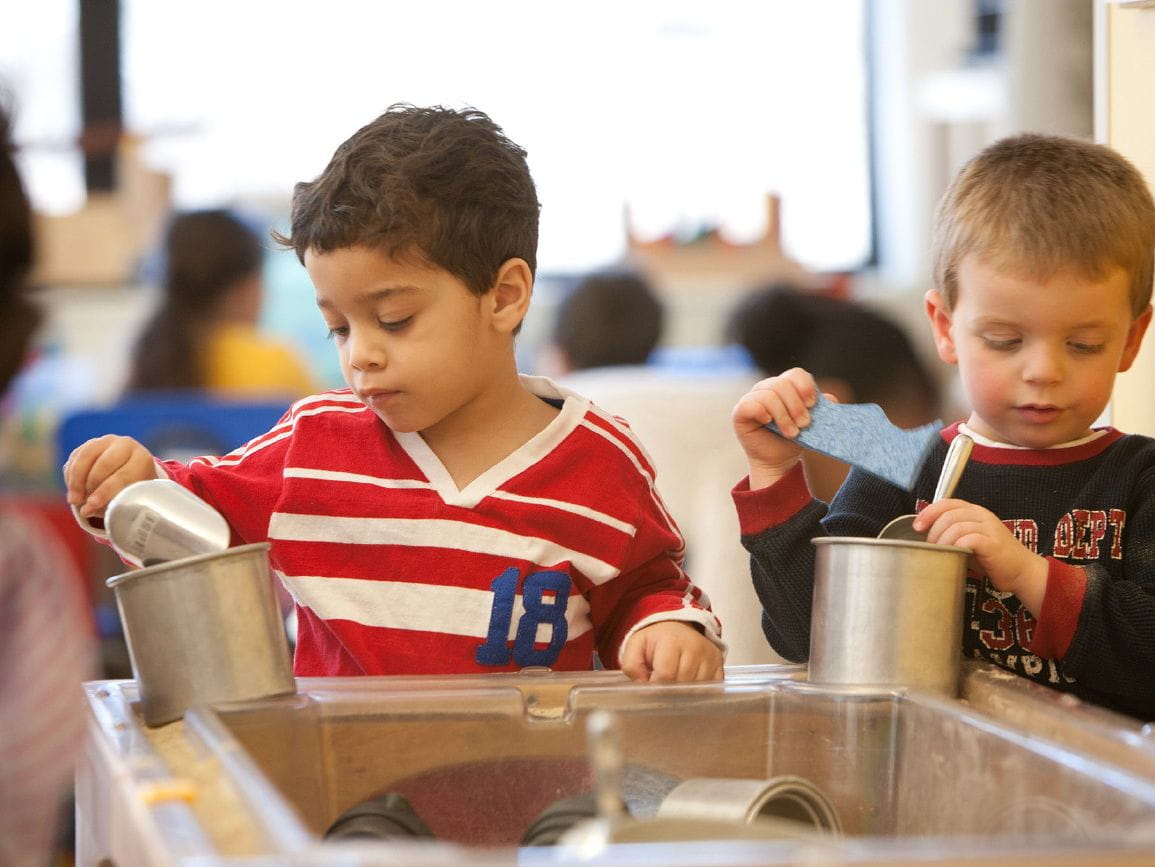Toddlers often get a bad rap with labels like "terrible twos." While it's true that the toddler years can be demanding for parents, we believe they can also be highly rewarding. The first step is understanding toddler behavior. Toddlers really aren't plotting to destroy your home or test your sanity. They're merely trying to figure out a very big, very complicated world through trial and error and exploration.
Knowing what makes a toddler tick can help you keep your cool, but it's only one tool in your parenting toolbox. Read on for more tips from seasoned toddler parents.
Be Proactive to Prevent Toddler Tantrums
It might feel like your toddler is ruling the roost some days, but your child is actually counting on you for leadership. Instead of reacting to your child's behavior, take a proactive parenting approach by pinpointing trouble spots and finding solutions. Toddlers have very little control over their lives, which can cause feelings of anxiety and frustration. They long for both security and independence. These conflicting needs are frequently a source of tantrums and negative behavior. To prevent toddler tantrums and help your child feel more secure, keep a fairly predictable schedule. Give your child advance notice before transitions, e.g., "We're going to the store after breakfast" or "It's almost time to clean up the toys."
Guard "slow time" in your family so you have moments every day to play, read, or share meals together. Just knowing what to expect increases your toddler's feelings of contentment and safety.
Try to understand that your toddler's quest for independence is a sign of healthy growth. Instead of saying "no," give your child alternatives or choices whenever possible, e.g., "Would you like apples or pears for lunch?" Make your home toddler-friendly so your child can get toys and snacks as independently as possible. When making a request, don't talk to your child across the room. Instead, kneel at your child's eye level and quietly give directions. If your child refuses to comply, say, "Let's do it together. I will help you." Take your child's hand and complete the task. In other words, treat your child with the same respect that you would give an adult. Over time, this approach sets a healthy, loving tone and rhythm for your relationship. Remember: your role as a parent is that of a leader—neither a dictator nor a pushover.
Gain Perspective for Your Toddler's Behavior
One meltdown, three spilled cups of juice, a full cereal box emptied onto the floor—and it's only 8:00 in the morning. Even with the most intentional parenting, you're going to have days, and frankly, sometimes even weeks, when things go awry. What then? First, try to keep a sense of humor. The meltdown will end, the juice can be mopped up, and if you're lucky, maybe the dog will help clean up the cereal. Remember that those crazy toddler moments are simply that: moments. They won't last forever and they're one snapshot of your life together. They do not mean that your child is bad or that you're a bad parent. Give yourself and your spirited, high-energy toddler a break. A change of scenery can often help you regain perspective – go for a walk, head to the park, or read a book together.
Take Care of Yourself
Remember those first few weeks after your baby was born? You probably had days when taking a shower or brushing your teeth seemed like a monumental accomplishment. There's no doubt about it: taking care of a toddler requires an enormous amount of time and energy. However, as your child gets older, it should become easier to find free time for yourself. View these moments as a critical responsibility, not a luxury. Schedule them into your day. Exercise—even if it's 30 minutes on the treadmill first thing in the morning— relieves stress and increases endurance, so you can not only survive the marathon called parenting, but thrive. Find time to unwind before bed by listening to music or reading. Schedule time alone with your partner and reconnect occasionally with friends.
On those days when your toddler seems especially high-energy, try to remember that soon, too soon, she’ll be off to school, off to college, and out of the house. Slow down and take a minute to look your child in the eyes. Really see her, not only who she is right now, but who she's trying so hard to become. Take a deep breath and know that you're doing better than you think.
More on Parenting Toddlers:
- Here are 7 toddler behaviors that may drive you crazy and positive discipline tips for dealing with them.
- Tips for helping toddlers through the "me do it" stage.
- Read one working mom's thank you note to her son's toddler teachers.
- Ideas for keeping up with "on the go" toddlers in motion.
- Here are 15 funny, but true, signs that your co-worker has a toddler.
- Read about all things toddler and get child behavior and discipline tips on our Family Room blog.





